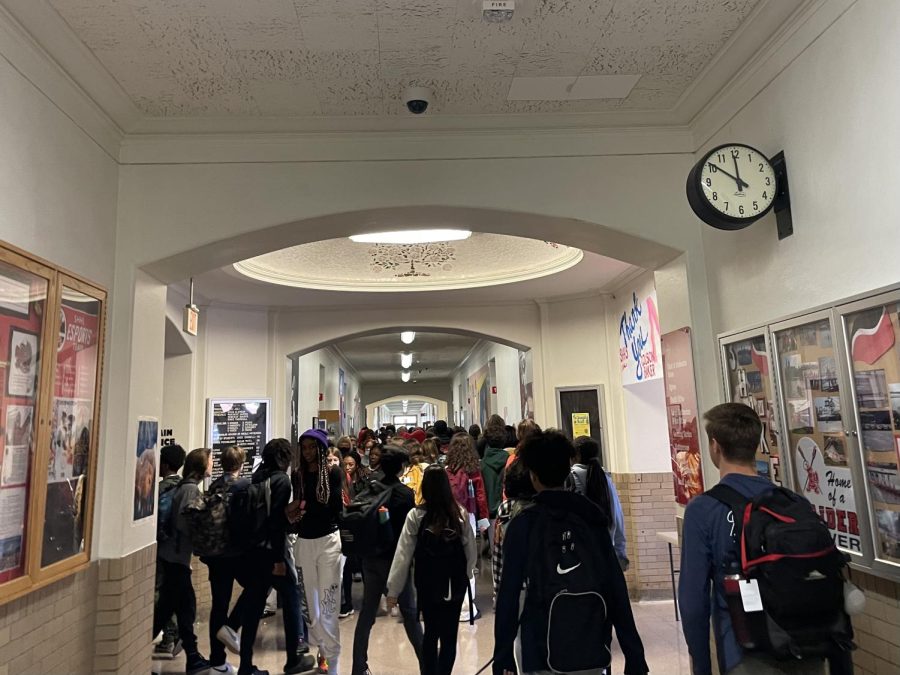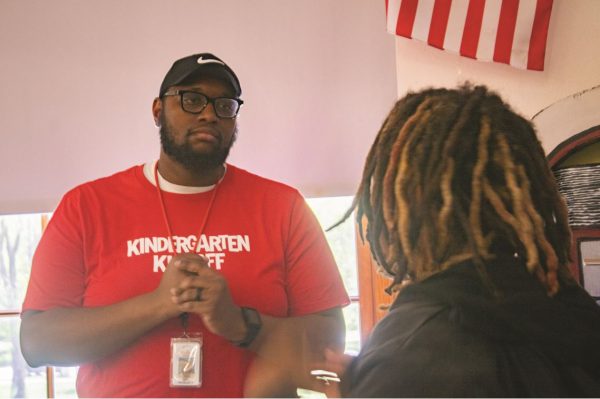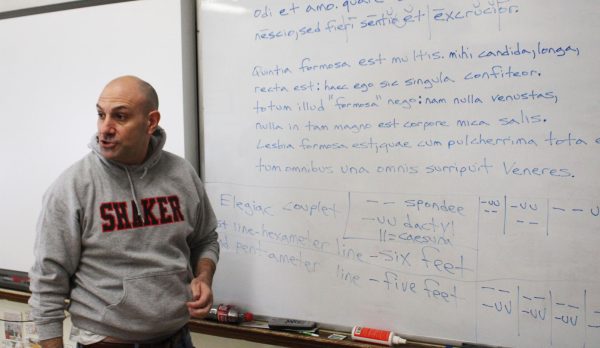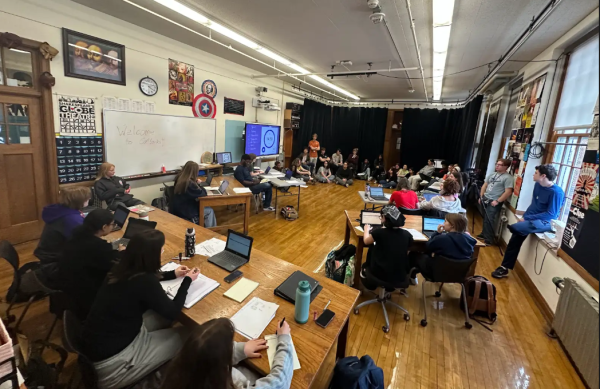Being Late Now Brings Consequences
From phone calls to Saturday School, new policy aims to curb tardiness
According to Juli, there were over 1,000 tardies in the new policy’s first week
Today marks the second week of the tardy policy announced to students Oct. 30 via email and instituted Oct. 31.
Now as of Oct. 31 students will face consequences for arriving to school or class late. Previously, when students would arrive late they would just be marked tardy in PowerSchool without facing consequences this year. Since Oct. 31, when students arrive late and are marked tardy, parents receive an automated call informing them of that fact.
Parents of students who are tardy between four and nine times will receive an email from teachers. Students who have 10-14 tardies will be required to stay after school for an “extended day” and attend a meeting with the principal. If a student accumulates 15-19 tardies, they will have to attend Saturday school and a student support meeting is scheduled for the student.
With 20 or more tardies, the student will have to attend Saturday school but additionally, “other agencies services and supports may be considered to address the causes of the tardies to school and potential supports.”
Also addressed in Juli’s message is the ways a student could potentially arrive late to school. Juli lists ways that are valid excuses and ways that can be controlled by a student. “We know there are students who are capable of getting to school on time, and don’t, and we know there are students who are absolutely struggling to get to school on time for very good reasons,” Juli wrote.
According to Juli, getting to school on time could raise concerns, but once in school, students have no excuse for tardiness. “There are any number of reasons why a student might struggle to get to school on time, that could be out of the students’ control. Once in school, every student is able to arrive at their subsequent classes on time,” Juli wrote.
According to a 2015 Shakerite article, the high school has tried to implement a similar tardy policy before. During this policy students would be subject to an extended day after only five tardies and an in-school suspension after only 10 tardies. Classroom doors would be locked and teachers would not let students in. “If students show up after the tardy bell, they must visit one of two tardy-slip stations, located on the first and second floors, and obtain a green pass,” according to the story.
Math teacher Eric Babcock said he thinks the old policy’s extended days benefitted some students because they were able to sign out of detention and go to conferences. “Some of my best learning was in conferences with the kids who got detention, because they had missed class and I was able to cover the material that they missed and also talk to them about why being tardy hurt them,” Babcock said. The old tardy policy was eventually “lost with the pandemic and a change in philosophy of the administration,” Babcock said.
In his message, Juli stated that extended day and Saturday school detentions would apply to students who can get to class on time but choose not to. As for students with legitimate concerns and excuses, “For the students with more complicated challenges, we have support in place to find creative solutions to help each student get to school on time,” he wrote.
Juli concluded the message by noting that the administration can tweak the policy. Juli wrote, “Inevitably, there will be aspects of these expectations that work better than others. We will watch carefully to see what is and isn’t working, and take action accordingly.”
Comment using your Facebook, Yahoo, AOL or Hotmail account










